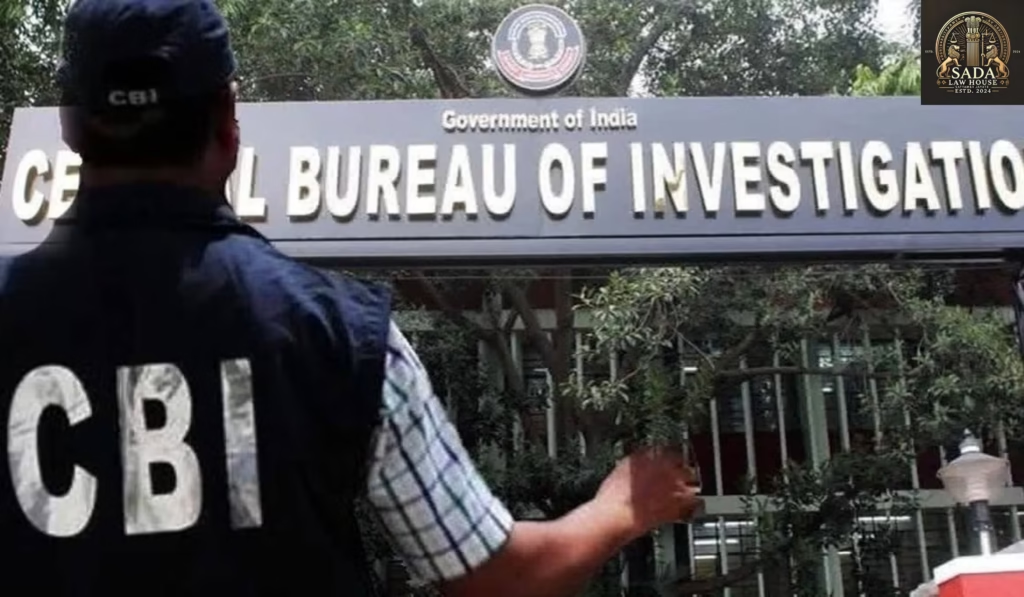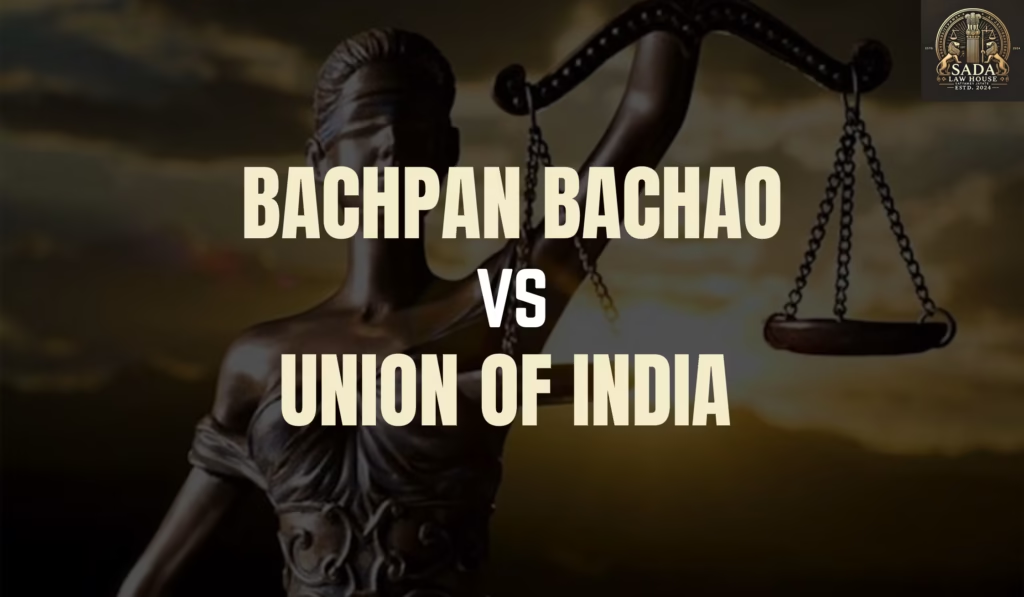Rouse Avenue Court Ahlmad Withdraws Anticipatory Bail Plea in Bribery Case Before Delhi High Court
Trending Today Rouse Avenue Court Ahlmad Withdraws Anticipatory Bail Plea in Bribery Case Before Delhi High Court High Court to Decide on CID Custody of Accused in Bengaluru Stadium Stampede Case Bombay High Court Approves Abortion for 14-Year-Old Rape Survivor at 24 Weeks of Pregnancy CBI Gets One-Day Custody of NCLT Deputy Registrar in Rs 3 Lakh Bribery Case Mumbai Man Sentenced to 10 Years for Rape and Fraud Under False Promise of Marriage Kerala High Court Directs SIT to Submit Hema Committee Case Report Within 10 Days LEGAL JOB OPPORTUNITY AT PS LAW ADVOCATES & SOLICITORS LEGAL JOB OPPORTUNITY AT ULTRATECH CEMENT LEGAL JOB OPPORTUNITY AT POOJA ENTERTAINMENT LEGAL JOB OPPORTUNITY AT IKIGAI LAW Rouse Avenue Court Ahlmad Withdraws Anticipatory Bail Plea in Bribery Case Before Delhi High Court PRABHAT KUMAR BILTORIA 12 June 2025 The bribery-accused ahlmad from Rouse Avenue Court has withdrawn his anticipatory bail plea in the Delhi High Court. Learn about the latest updates, legal developments, and actions by the Anti-Corruption Bureau (ACB). Bribery Accused Ahlmad Withdraws Anticipatory Bail Plea from Delhi High Court On June 11, 2025, the ahlmad (record keeper) of the Rouse Avenue Court, accused of bribery by the Anti-Corruption Bureau (ACB), withdrew his anticipatory bail plea in the Delhi High Court. Mukesh Kumar Withdraws Plea Amid Bribery Allegations The accused, identified as ahlmad Mukesh Kumar, faced charges under Section 7/13 of the Prevention of Corruption Act and relevant provisions of the Bharatiya Nyaya Sanhita (BNS). Following his booking, a Special Judge under the PC Act was transferred from Rouse Avenue Court to Rohini, North-West Delhi. Hearing Scheduled But Bail Plea Withdrawn The High Court was scheduled to hear arguments regarding Kumar’s anticipatory bail. However, the plea was withdrawn during the proceedings and allowed by Justice Tejas Karia. Legal Counsel Urges Compliance with CrPC Guidelines During the withdrawal request, Advocate Ayush Jain stressed that the ACB must adhere to the procedures of Section 41 of the Code of Criminal Procedure (CrPC), particularly notifying the accused before arrest. He also requested that Kumar’s statement be recorded in the presence of a lawyer. In response, Additional Standing Counsel Sanjeev Bhandari assured the Court that the ACB would follow the law. Permission Granted for Refiling Plea While the Court dismissed the current plea as withdrawn, it allowed Kumar the liberty to file a fresh application in the future. Bribery Charges and Pre-FIR Developments The ACB initiated action against Kumar on May 16 based on allegations that he demanded bribes from defendants to secure bail. Prior to the filing of the FIR, the ACB had sent a letter to the Law Secretary of the Delhi government, seeking approval to investigate a judge. The evidence involving both the judge and the ahlmad was submitted to the High Court for administrative review. Court’s Clarification on Judicial Investigation The High Court clarified that there is no current requirement for official permission to investigate the named Judicial Officer. However, the ACB is free to proceed with inquiries based on the complaints received. Ahlmad Claims Conspiracy, No Arrest Protection Yet Kumar has alleged that the bribery accusations are part of a conspiracy orchestrated by certain ACB officers aiming to frame the judge who ruled against the agency. Currently, he has not been granted any protection from arrest. Co-Accused Vishal Kumar Turns Approver In a twist, co-accused Vishal Kumar—previously granted regular bail—has submitted a petition to the Joint Commissioner of Police, ACB, seeking to become an approver in the case. Though the ACB initially opposed his bail, it acknowledged that he provided complete disclosures. The trial court eventually determined no further custody was needed and granted bail. Leave a Reply Cancel Reply Logged in as Sada Law. Edit your profile. Log out? Required fields are marked * Message* Live Cases Rouse Avenue Court Ahlmad Withdraws Anticipatory Bail Plea in Bribery Case Before Delhi High Court Rouse Avenue Court Ahlmad Withdraws Anticipatory Bail Plea in Bribery Case Before Delhi High Court Sada Law • June 12, 2025 • Live cases • No Comments High Court to Decide on CID Custody of Accused in Bengaluru Stadium Stampede Case High Court to Decide on CID Custody of Accused in Bengaluru Stadium Stampede Case Sada Law • June 12, 2025 • Live cases • No Comments Bombay High Court Approves Abortion for 14-Year-Old Rape Survivor at 24 Weeks of Pregnancy Bombay High Court Approves Abortion for 14-Year-Old Rape Survivor at 24 Weeks of Pregnancy Sada Law • June 12, 2025 • Live cases • No Comments 1 2 3 … 5 Next »










